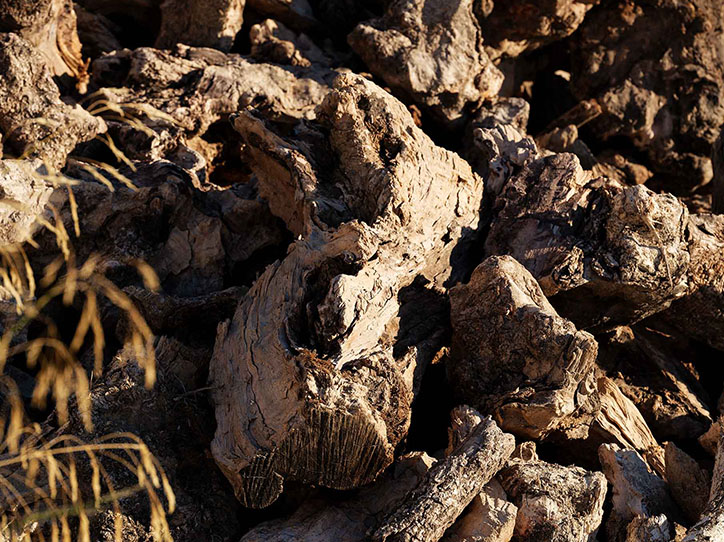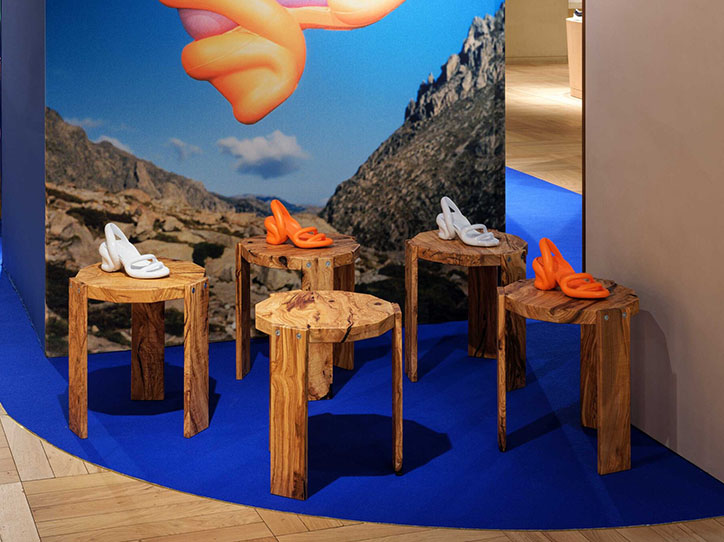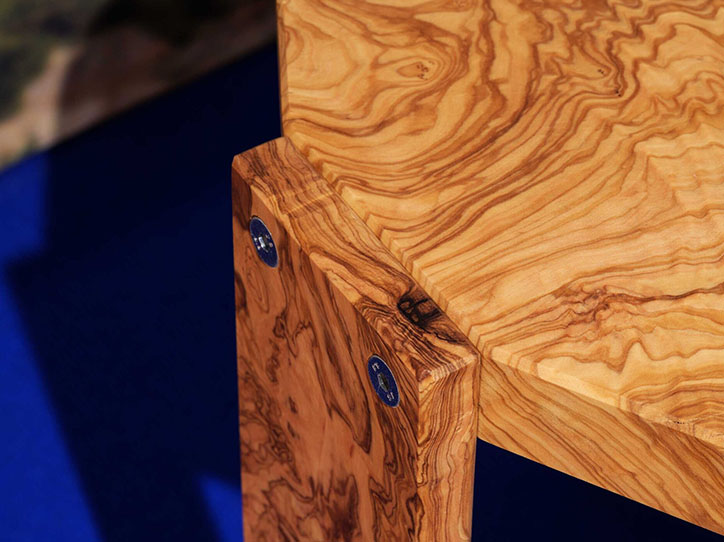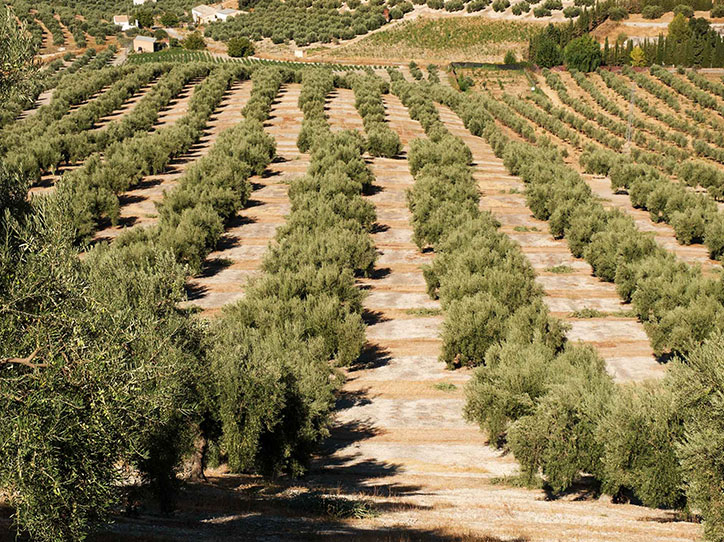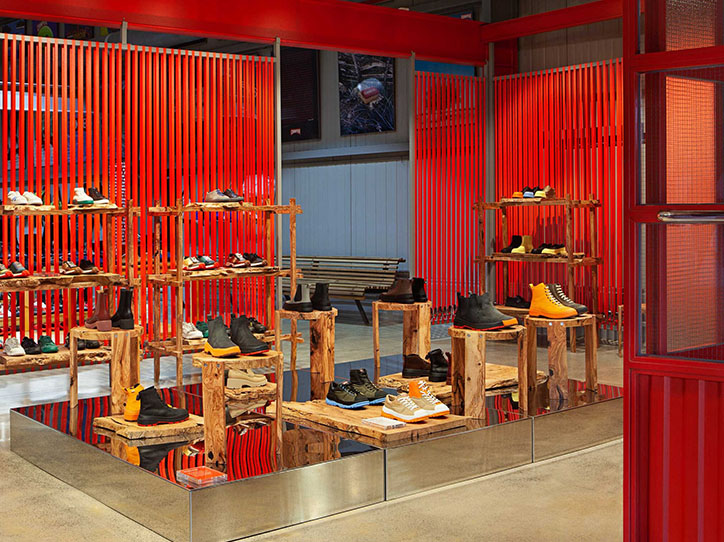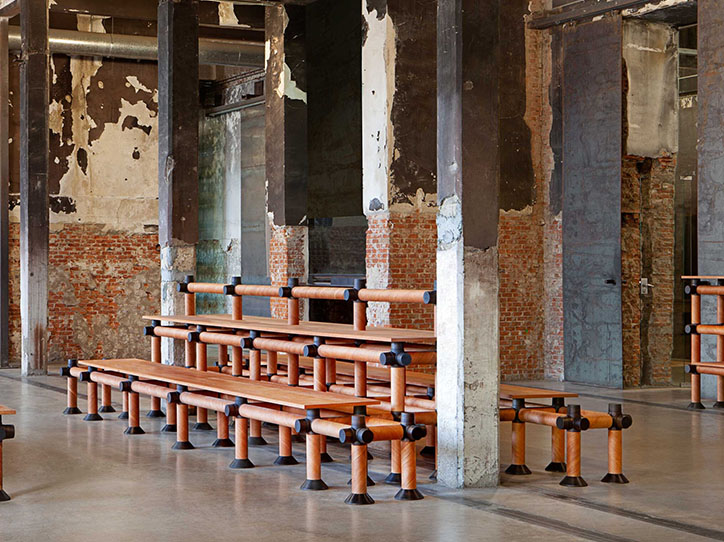Jorge Penadés (ES)
Wasteland
August 3rd – August 9th 2025
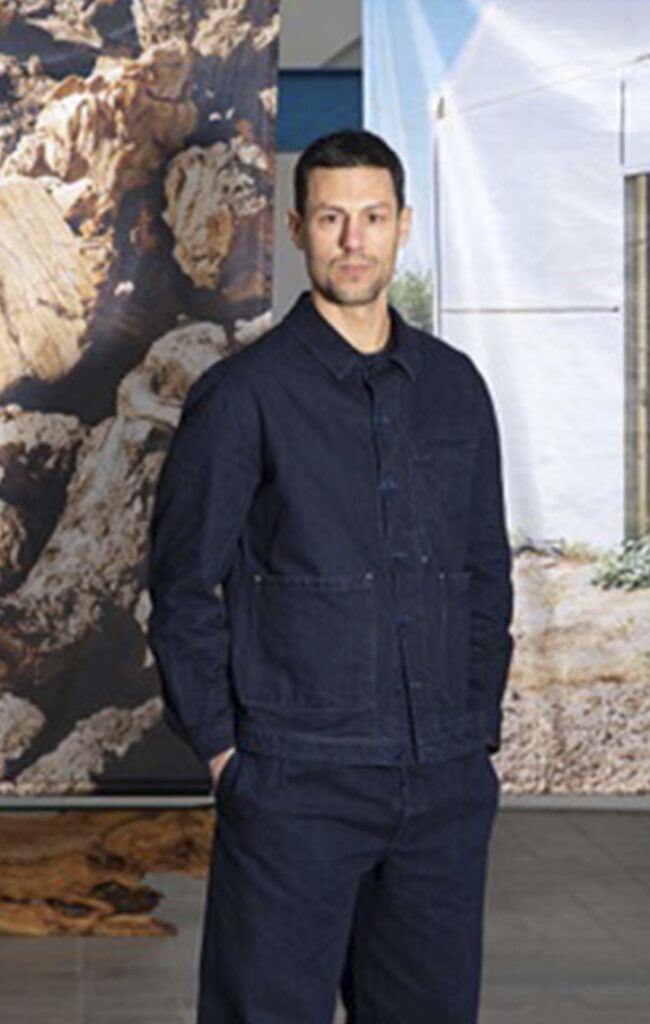
Jorge Penadés Spain
Jorge Penadés (b. Málaga, 1985) is a research-driven practitioner who designs new possibilities for our built environment. Deeply rooted in the Mediterranean landscape, his office engages in objects, spaces and ecologies. Often inventing materials and techniques, the main ambition is to develop work that has not yet been possible to be developed.
Recent projects include Camper’s store next to the Centre Pompidou in Paris (2023); the exhibition The Final (Group) Show, co-curated with Matylda Krzykowski at Dropcity in Milan (2023); a limited-edition furniture collection for Berluti, LVMH (2021); a vase collection for Spanish manufacturer BD Barcelona (2019); and a glass chair for The Future Perfect gallery in New York (2019).
Jorge has delivered lectures at leading cultural institutions – including the Victoria & Albert Museum – and his work has a solid international recognition in the form of design awards and media coverage: T / The New York Times Style Magazine listed him as one of the best 16 “things” to see during Milan Design Week 2017. His Structural Skin project is part of the permanent collection at the Vitra Design Museum.
www.penades.xyz
The Workshop
Prioritizing efficiency, industrial design and manufacturing industries often lead to the systematic rejection of materials that do not conform to standardization. This is particularly evident in the timber industry, where complex, irregular, and “unmanageable” forms such as roots, knotted branches, or wood with embedded stones are discarded as waste. The olive oil industry provides a significant example, where olive roots are sold as firewood and it’s valued at as little as 0.10€/kg, despite their high technical or aesthetic properties.
This workshop is based on a decade-long research project conducted by Jorge Penadés, who explores the impact of the olive oil industry in Spain, the world's largest producer. His investigation sheds light on the consequences of extreme mechanization, particularly how the shift from traditional harvesting to superintensive methods has altered ecosystems and redefined material hierarchies. Beyond the case of olive wood, the workshop invites participants to rethink the potential of discarded wooden elements in the context of Boisbuchet’s natural surroundings.
Throughout the week, we will engage in field explorations, venturing into the forests around Boisbuchet to collect materials typically overlooked or discarded—roots, gnarled branches, and other organic forms deemed “unusable”. These raw materials will serve as the foundation for a hands-on design process that prioritizes adaptability and improvisation over premeditated form. Rather than forcing materials to conform to preconceived ideas, participants will experiment with ways to let the material lead the design process. By working directly with these neglected materials, the workshop also opens up a broader reflection on waste and the potential of organic matter. How do industrial standards shape our perception of value and quality? Participants will be encouraged to develop a more inclusive and intuitive approach to design.
Housing
Accommodation & food are included
We can accommodate for special catering
All participants sleep in dormitories
To book a private room or bring additional guests, get in touch: workshops@boisbuchet.org
Education
Our staff are available to help you conceptualize & produce your designs
Tools & materials are provided by Boisbuchet
All workshops are taught in English
The number of participants is limited to 22
Activities
Weekly campfire, exhibition & guided tour of the Domaine
Conferences from designers throughout the week
The famous Wednesday Porky’s party


